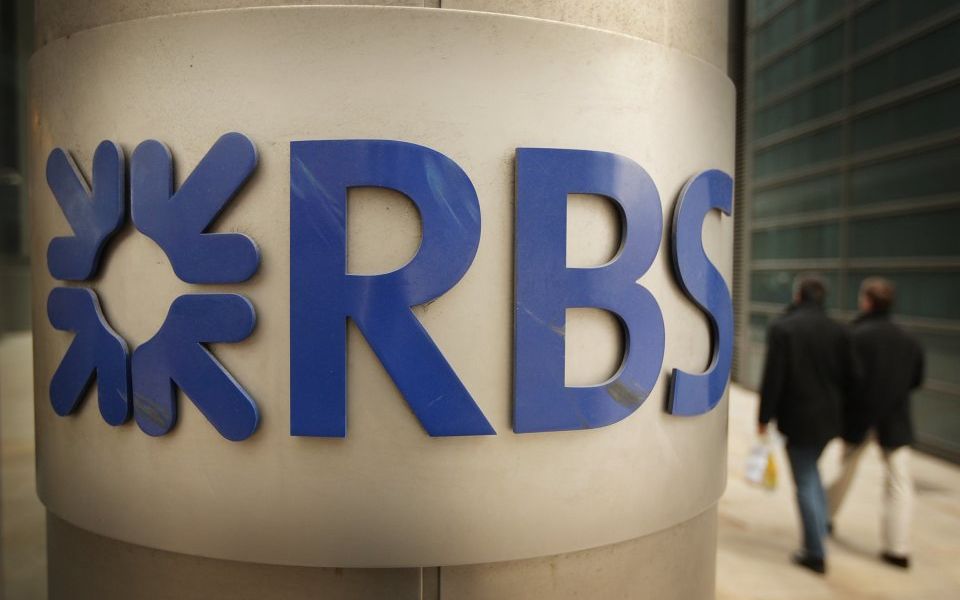
RBS in focus as UK government offloads 7.7 per cent share stake

When Chancellor Philip Hammond outlined plans in his Autumn Budget to sell off the government’s stake in RBS over the next few years there were the predictable raised eyebrows of those who questioned the logic of selling off the remaining 70 per cent stake of the bailed out bank at a loss to the taxpayer.
There was a similar reaction when the previous Chancellor, George Osborne sold off a 5.4 per cent stake in August 2015 when the share price was at 330p, a price we’ve never even got back near to since the sale was made. In fact the share price has been as low as 150p in July 2016 in the wake of the Brexit vote before it found a base and bounced back.
Yesterday’s news that the Chancellor was going to restart the process of returning the bank to private hands was always going to be controversial, and almost inevitable once the uncertainty of the US Department of Justice verdict had been removed last month, with the announcement of the $4.9bn fine, a much lower number than had been expected.
With the decision to press ahead with the sale likely to provoke the usual partisan political background noise those who oppose the sale really need to ask themselves what they hope to achieve by insisting the government holds on to a stake that is highly unlikely to see the tax payer ever get its money back.
The breakeven price on the government stake comes in at about 502p, although the National Audit Office estimates it may be higher than that, if the cost of financing is included, at over 600p, and that doesn’t even count the £65bn worth of losses the bank has incurred over the last decade.
Given the current size of the bank relative to its size ten years ago the banks’ ability to generate the type of profits required to justify a return to its breakeven price is going to be extremely difficult if next to impossible to achieve, which begs the question, at a time of squeezed public finances whether the government can make better use of the money that might be raised from a share sale.
The sale of 925m shares by way of a placement, assuming last night’s closing price of 280p would represent just over £2bn loss on a breakeven price of 502p, with £2.5bn being returned to the taxpayer. If the rest of the government stake is sold at a similar price then the total loss comes to something in the region of £21bn, a sizeable loss indeed from the original £45bn, but nonetheless probably needs to be measured against what the economic cost might have been if the bank had been allowed to fail.
Ultimately taxpayers and politicians of whatever persuasion need to ask themselves if a £2-3bn loss on this particular stake is a price worth paying for a smaller safer bank, as well as banking system, with the upside that the billions of pound it unlocks can be better used for things like the NHS, and other public services.
CMC Markets is an execution-only service provider. The material (whether or not it states any opinions) is for general information purposes only and does not take into account your personal circumstances or objectives. Nothing in this material is (or should be considered to be) financial, investment or other advice on which reliance should be placed. No opinion given in the material constitutes a recommendation by CMC Markets or the author that any particular investment, security, transaction or investment strategy is suitable for any specific person.
Trade with us today at cmcmarkets.com
Losses can exceed deposits.
CMC Markets is an execution-only service provider. Personal circumstances not considered. Content is not advice.